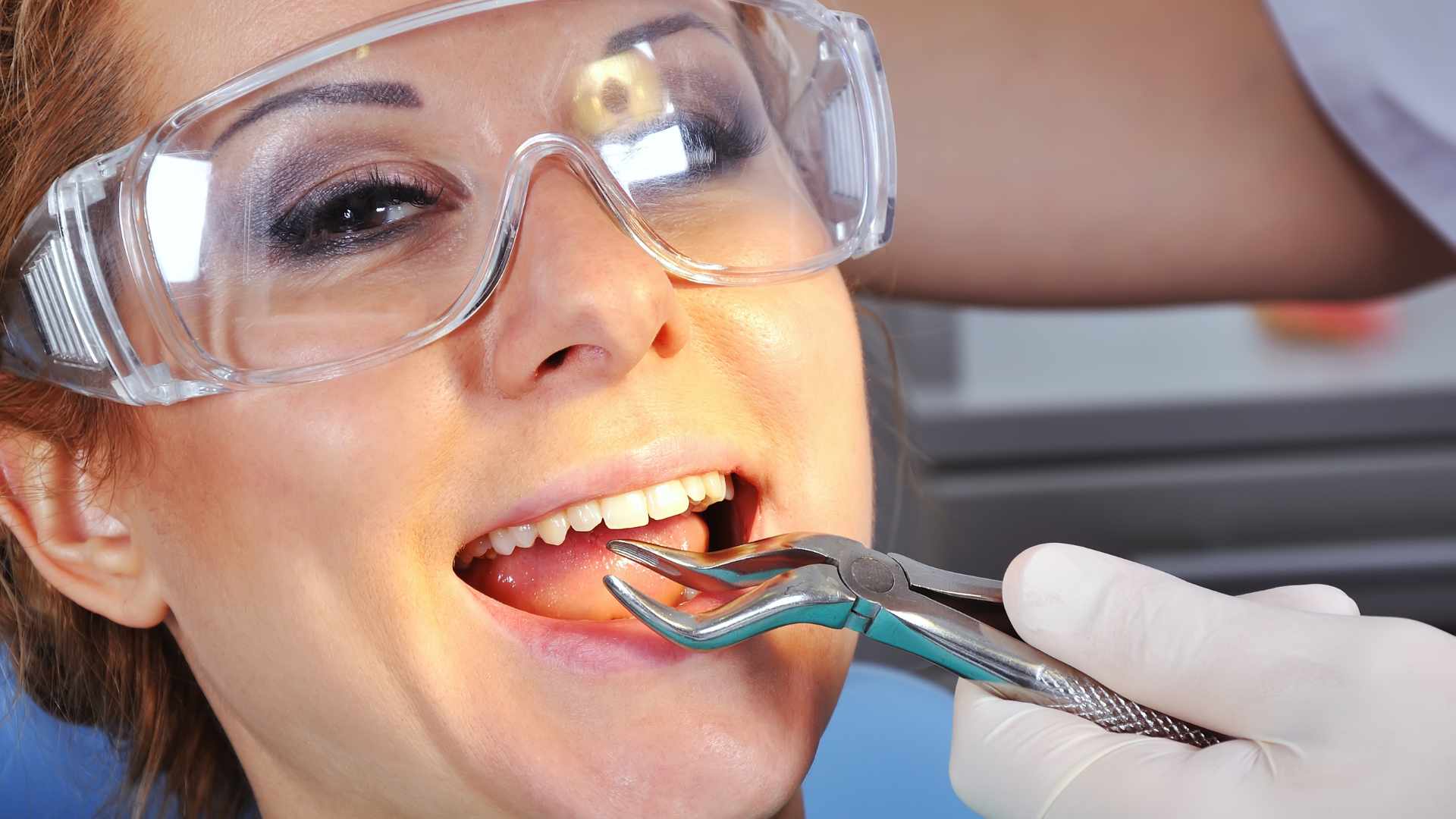If a tooth becomes damaged or decayed beyond the point that it can be saved, you may likely need a tooth extraction. In most cases, dentists will do everything possible to save teeth, but in cases where a tooth is severely decaying or damaged, extraction could be the best course of action. The physical act of removing a tooth from its bone socket is known as a tooth extraction. The word extraction may cause anyone to immediately picture agony and discomfort when having to consider having a tooth pulled or taken from our mouth. Due to advances in dental training and technology, such as sedation dentistry and holistic approaches, this need not be the case. In actuality, having a tooth extracted might be considerably less painful than dealing with rotting, diseased, or impacted teeth.
To Extract or Not to Extract a Tooth
There are many options for replacing a lost tooth. Advances in dentistry have made dental implants almost more popular than previous tooth replacement options. Often the toughest decision may be to extract or not extract.
- How will extracting a tooth affect the rest of our mouth?
- What treatment is recommended to save the tooth?
- What is the cost?
- Is placing dental implants a better option?
- How long will alternative treatment last versus extraction?
The dentists at Emergency Dental Center are highly trained with many years of experience. They will assist you with the questions above to determine which option best suits your needs.
What Should I Expect with a Tooth Extraction?
The first step in having a stress-free and comfortable tooth extraction is doing a little homework. Search online for a reputable and reasonably priced dentists. These two things are usually found by looking at reviews and using Google’s local map to find dentists in your area. Call them and ask any questions you may have. Secondly, the cost can be a factor. Depending on the insurance company or the payment options the dental office accepts, costs may change. Establishing a budget and locating a reputable, reasonably priced dentist are essential first steps in reducing any anxiety related to tooth extraction. An x-ray will be taken before your tooth is extracted so that the dentist can meticulously plan the tooth’s removal. It will also be necessary for you and the dentist to talk about your medical background; including any past bad experiences or your preconceived notions.
Most dental extractions are either simple or surgical. The extraction of a visible tooth from the mouth is known as a simple tooth extraction. After the tooth is loosed, it is carefully extracted. A surgical extraction differs in the approach and the complications to safely remove. A surgical extraction may require the removal of bone or sectioning the tooth into halves to facilitate removal. It involves making a little incision in the gums and is applied to teeth that are below the gum line. For both kinds of extractions, local anesthetic is employed; however, intravenous anesthetic may also be used in certain surgical tooth extraction scenarios. You should just feel pressure throughout the process rather than any discomfort. You must notify your oral healthcare professional if you experience any pain or pinching.
What is the Healing Time After a Tooth Extraction?
The most common concern when facing a tooth extraction is healing. Every patient experiences a different healing process depending on several circumstances. Typically, most people can anticipate recovering in ten days or less. The patient should be aware that to promote optimal recovery, the first two days after surgery need to be the most carefully monitored. Close attention to instructions from the dentist is the most critical. Taking any and all medication as prescribed will ease the healing period.
What is the Aftercare for a Tooth Extraction?
After surgery, the dentist will provide you with detailed aftercare instructions. You must follow these instructions. If you are not sure about a subject or have any questions, contact the dental office for clarity. Light bleeding is not uncommon during the first day after extraction. To reduce discomfort, a prescription for painkillers may be given to the patient. It is possible to apply an ice pack to the jaw to minimize swelling. To prevent tissue injury, apply an ice pack for only ten minutes at a time.
The extraction site will have a gauze pad applied to it; this pad needs to be left in place for one hour. Afterward, you should change the gauze every 10 minutes. Do not eat, drink, or sleep with the gauze. You should discontinue use after 2 to 3 hours after surgery. Your mouth will begin to form a blood-clot and it is best to leave it undisturbed. Avoid excessive spitting, drinking from a straw, or rinse your mouth. Rest is the best medicine for healing after a tooth extraction.
Can I get a Tooth Extracted Today?
Emergency Dental Center is open 7 days a week, including weekends and holidays. Same-day appointments and same-day treatment are always available. Call our office at 713-829-5508 and one of our friendly staff will answer any questions regarding a tooth extraction in Houston.


